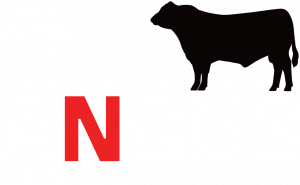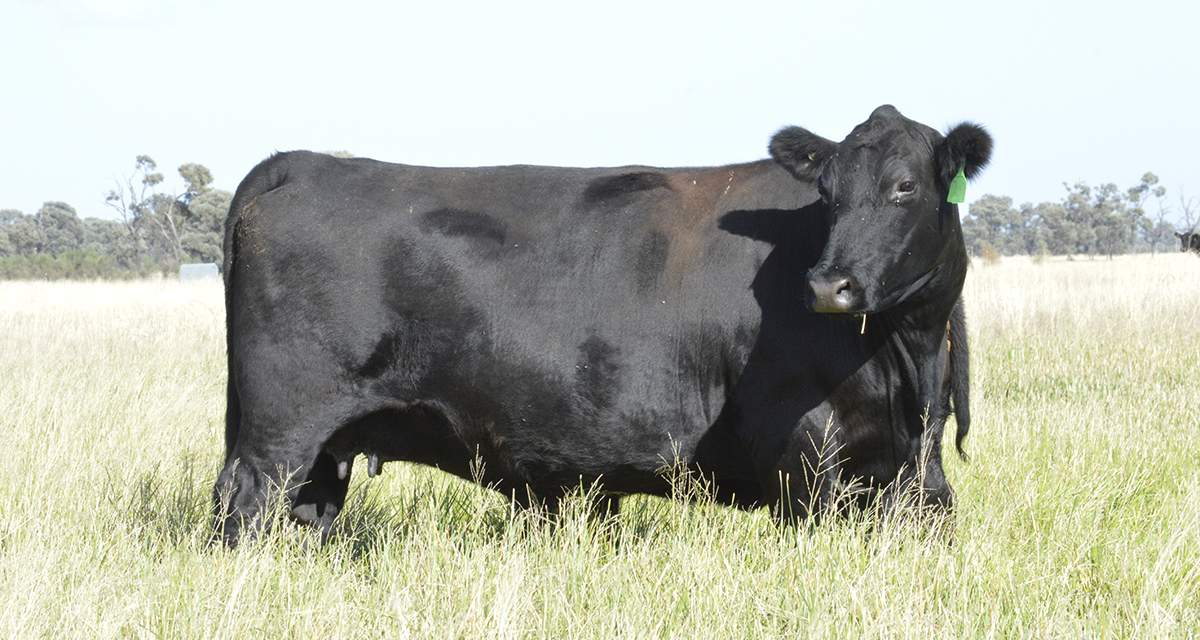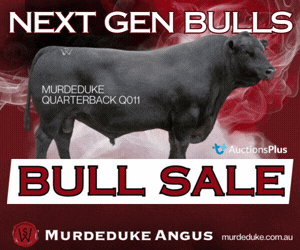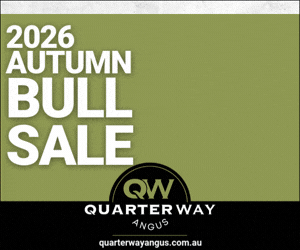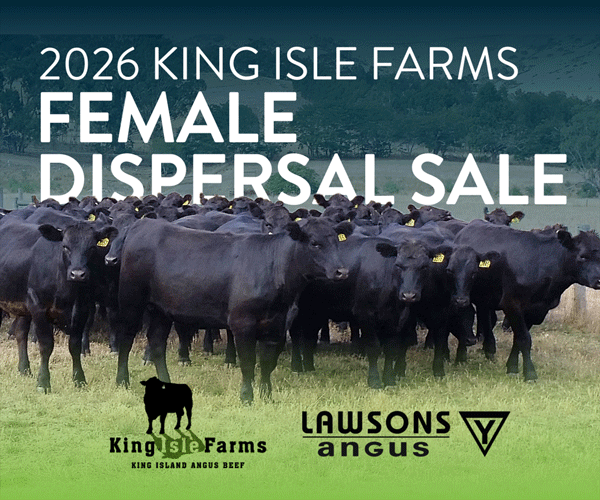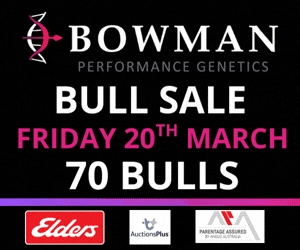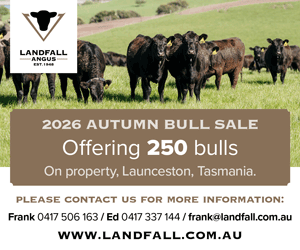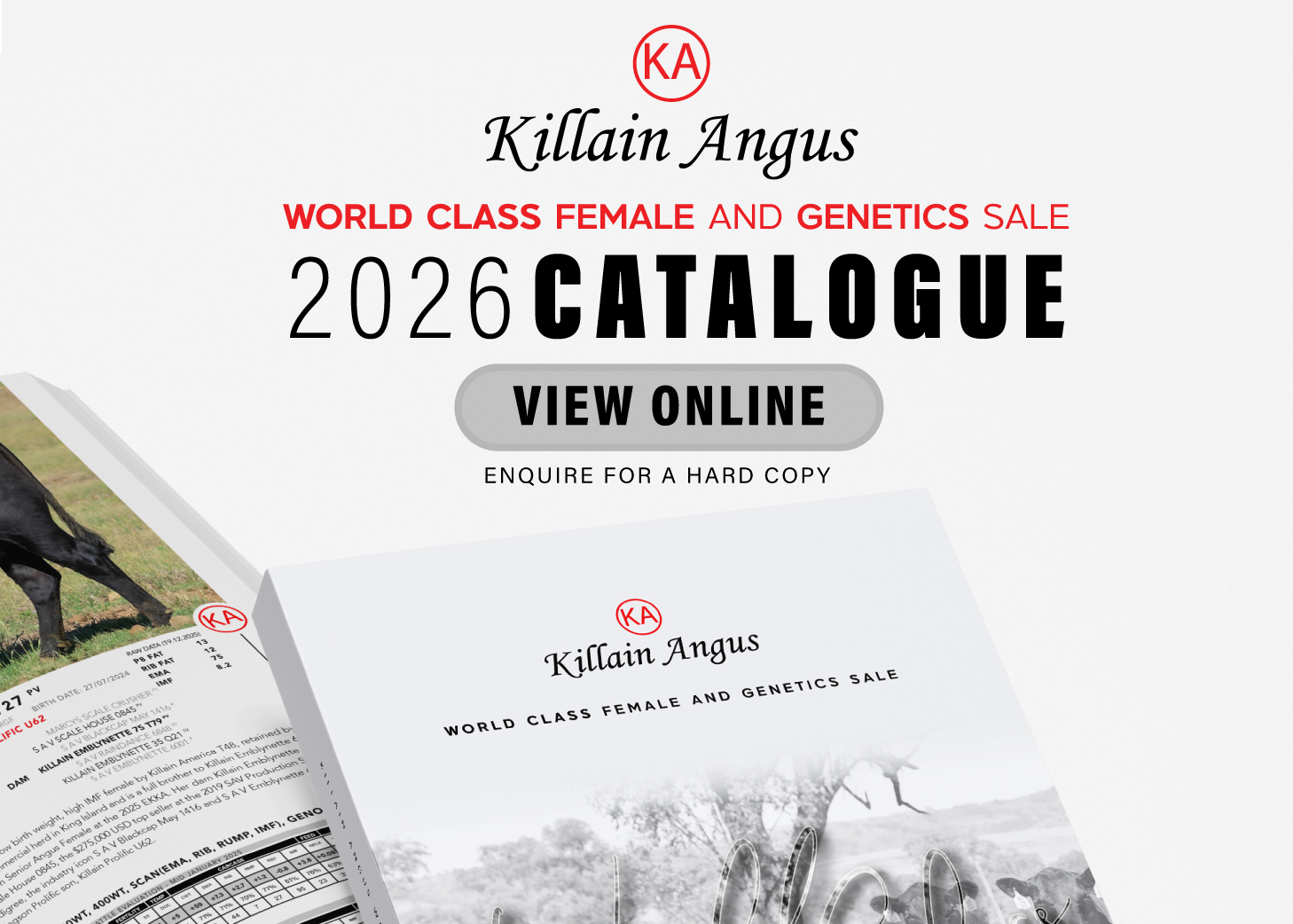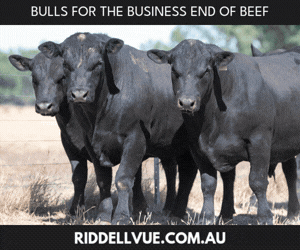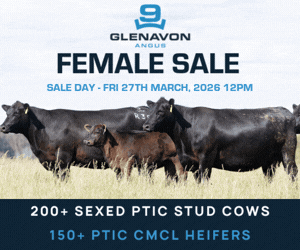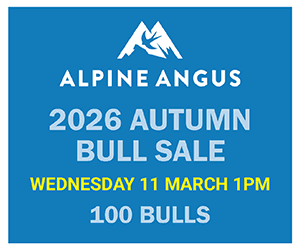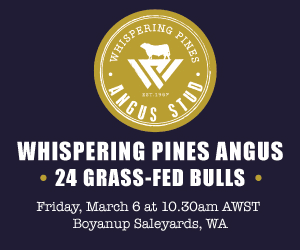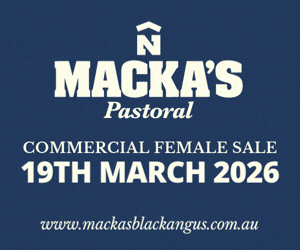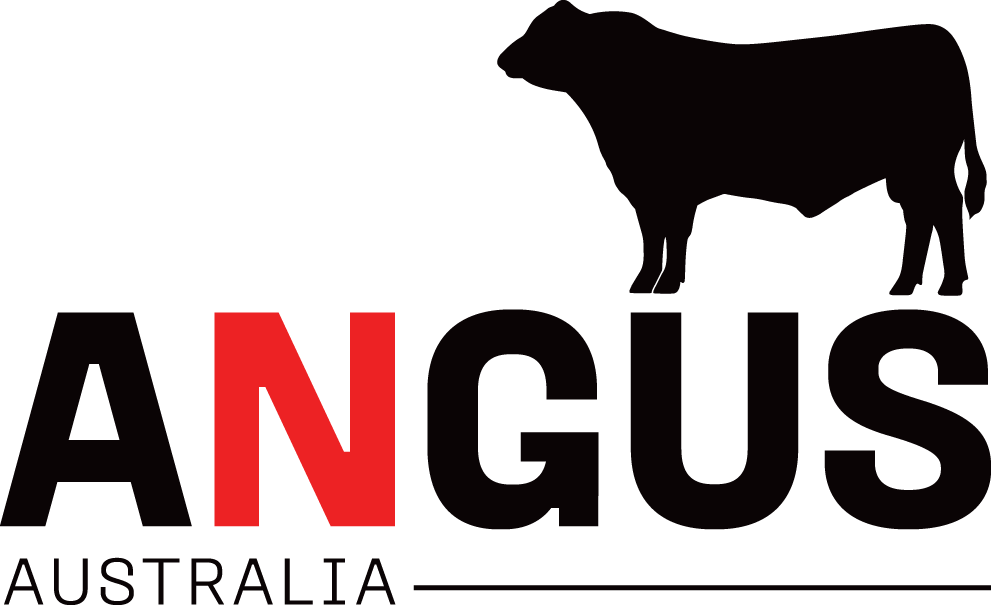Breeders of Angus cattle now have access to research breeding values that predict genetic differences between animals for four new traits relating to mature cow body composition, immune competence and tropical adaption.
Speaking at the Autumn 2021 Angus CONNECT R&D Update, Angus Australia’s Breed Development & Extension Manager, Mr Andrew Byrne said the availability of the research breeding values were the outcome of collaborative research projects that were in place between Angus Australia and both the University of New England (UNE), and the Commonwealth Scientific and Industrial Research Organisation (CSIRO).
“EBVs are published routinely on Angus animals for 21 different traits in the TransTasman Angus Cattle Evaluation, but not all traits for which Angus breeders wish to select for are described by the current breeding values”, explained Mr Byrne.
“The collaborative R&D projects that are in place with geneticists at UNE and CSIRO aim to fill some of this gap and fast track the availability of breeding values for these additional traits”, Mr Byrne said.
The first two research breeding values, Mature Body Condition and Mature Cow Height, predict genetic differences in the body condition score and height of mature females at the time when they are weaning their calves respectively.
“EBVs have been available for mature cow weight for some time, but feedback has indicated that breeders would like to be able to better differentiate between animals with similar genetics for mature weight, but who produce progeny with different mature body composition”, Mr Byrne said.
The new RBVs for mature cow body condition and height can be considered alongside the mature cow weight EBVs for animals to aid in the selection of breeding animals that will produce progeny with the desired mature weight and body composition.
The third research breeding value, Coat Type, predicts genetic differences in hair length, with animals with lower Coat Type EBVs being predicted to produce progeny with a shorter, slicker coat.
“The availability of a breeding value for coat type was initially identified as a priority due to the anecdotal evidence that animals with slicker coats are associated with improved heat tolerance and tick resistance, but increasingly the apparent association between slicker coats and reduced dagging in a feedlot environment been highlighted as being of importance”, Mr Byrne said.
The fourth research breeding value, ImmuneDEX, provides predictions of genetic differences between animals in overall immune competence, and has been developed in response to an expectation that sustained selection for production traits like weight gain will in time, result in a decline in animal resilience.
The immune system tailors how it responds to different infectious agents, with individuals identified as having a balanced ability to mount both an antibody-mediated and cell-mediated immune response being expected to exhibit a broad disease resistance against a wide range of pathogens.
For this reason, ImmuneDEX considers phenotypic measurements taken on animals in the Angus Sire Benchmarking Program for both cell-mediated and antibody-mediated immune response, along with the genomic profile for these animals, to calculate a single research breeding value for immune competence.
“The availability of the four research breeding values is part of Angus Australia’s commitment to ensuring that Angus breeders have access to the most accurate selection tools possible”, said Mr Byrne.
The research breeding values for individual animals can be accessed via the Angus Database Search facility on the Angus Australia website, www.angusaustralia.com.au, with the RBVs for mature body condition and height, along with the RBVs for coat type now being updated as part of the routine, bi-monthly TransTasman Angus Cattle Evaluation.
Seedstock breeders interested in having the new research breeding values calculated for their animals can also access collection guidelines for the new traits in the Angus Education Centre, also available via the Angus Australia website.
For further information, please contact the Angus Australia office on (02) 6773 4600.
